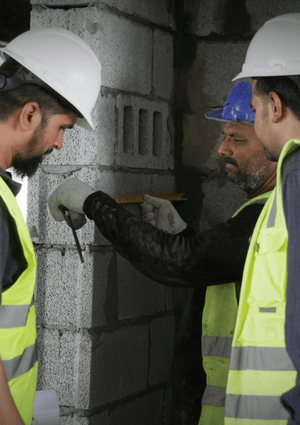Latest

Will the Fair Work Agency put immigration enforcement before workers’ rights?
Following announcements from Rachel Reeves in the Budget, we are concerned that the Fair Work Agency's focus and resources are being shifted - not towards protecting the most vulnerable workers, but towards tougher immigration enforcement.
Read moreRead more
Earned settlement proposals: An extraordinary betrayal of migrant communities
With new proposals to substantially increase the time to settlement for many, impose additional English and financial contribution requirements for all, and apply these changes retroactively, the Home Secretary delivers the biggest blow to migrant communities in a generation. You can feedback by 12 February 2026.
Read moreRead more
How new asylum rules creating a temporary refugee status will fuel exploitation
Home Secretary Shabana Mahmood's plans to create a temporary 30-month refugee status risk pushing refugees away from good, sustainable work, and towards exploiters or traffickers.
Read moreRead more
With Skilled Worker visa numbers in decline, what’s the cost?
The number of Skilled Worker visas issued is at its lowest since 2021, but with vacancies in critical sectors unfilled and the risks of labour exploitation still high, we find real human and economic costs behind the politics of lowering numbers.
Read moreRead more
Radical restrictions of routes to settlement would be callous
Home Secretary Shabana Mahmood has proposed a radical restriction of migrants' and refugees' pathways to settlement. This is the press statement we issued on the day, and a summary of our initial concerns.
Read moreRead more